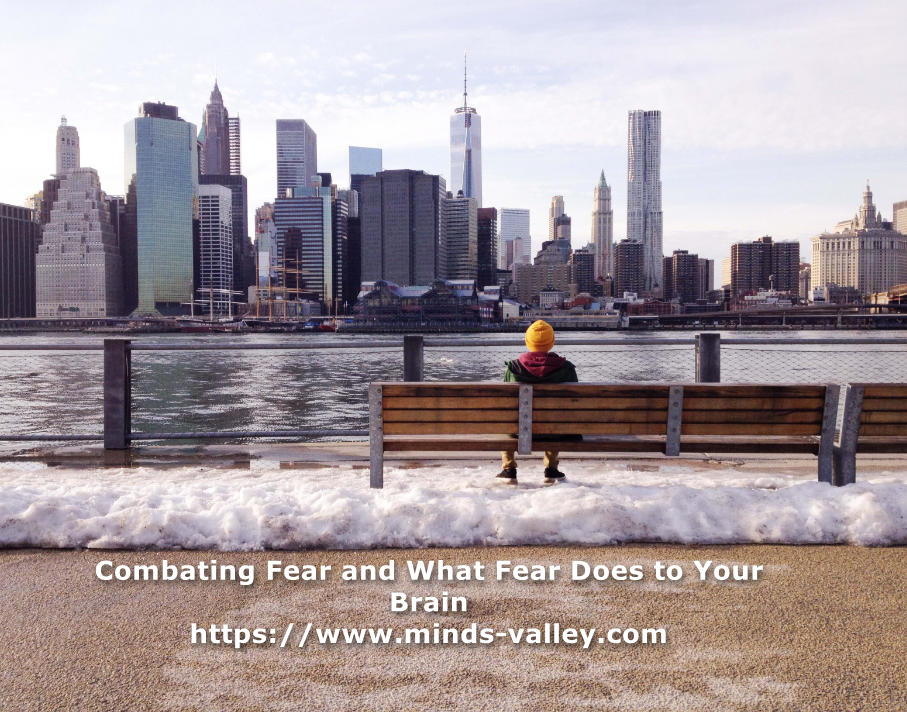
Why MBA students need to have mindfulness training
Mindfulness training will help students develop a self-management quotient.
| Photo Credit: Freepik
Jacinda Ardern was one of the youngest leaders of the world when she became the Prime Minister of New Zealand in 2017. Feted as a thinking, empathetic and progressive leader with a non-polarised worldview, she made a shock announcement in January 2023, which was an election year. “I had hoped that I would find what I needed to carry on over that period. But unfortunately, I haven’t, and I would be doing a disservice to New Zealand to continue,” she said, announcing her resignation. Helen Clark, former New Zealand Prime Minister, commented, “The pressures on Prime Ministers are always great but, in this era of social media, clickbait, and 24/7 media cycles, Jacinda has faced a level of hatred and vitriol which in my experience is unprecedented in our country.”
Although, this example is from politics, leadership in business is no different, as there are myriad stakeholders pulling and pushing simultaneously in opposing directions. Often business leaders end up firefighting all the times with little time for reflection and strategising with an independent mind.
‘PAID’ reality
Hougaard, Carters and Coutts described this highly suffocating and challenging workspace as being part of a ‘PAID Reality,’ characterised by work environments, which are Pressured, Always-on, Information Overloaded, and Distracted. Leaders who succumb to this are overwhelmed, overworked and stressed. Often, they fail to lead and deliver desired results, as they are trying to douse one fire after another almost reflexively and compulsively, while losing sight of the big picture.
Talking of humans focus upon a task, Killingsworth and Gilbert concluded that the human mind is a ‘wandering’ one. They reported that while, on a task, the human mind on an average is distracted for a whopping 46.9% of the time. This is frustrating for any individual, let alone people in leadership positions.
Looking at both the PAID Reality and the wandering human mind, the need for everyone, especially leaders in such a work climate, is to slow down and ensure they don’t get distracted from their core organisational values and that all their actions and decisions are aligned with the true purpose of their organisations. All this only accentuates the need to train future business managers and leaders and enable them to face these inevitable work situations with a modicum of equanimity.
Social logic curriculum
Business schools need to focus equally on building the premise for and train future leaders in how they must conceive a ‘social logic’ for their business that aims to create surpluses for communities, the environment, employees, suppliers and customer, as a key enabler of their endeavour to define and exploit the ‘commercial logic’ outcomes. Sustainability, social responsibility and ethics training has to be integral to B-School curriculums.
Finally, for effective leadership in the turbulent ‘PAID Reality’ environment, mindfulness training would help develop a self-management quotient. This can be conceived as a state of being in which the leaders are highly aware of the social and ethical context (of a decision and its aftermath) while remaining sharply focused (as against being distracted) at the task in hand. In the context of the individual leader, this focus and awareness is based upon taming possible conflicts involving thoughts/emotions versus values/goals leading to the individual transforming into a Mindful Leader by being focused, disciplined and authentic.
Developing empathy
On the one hand, for leaders to be able to influence and respond to the problems and aspirations of myriad stakeholders, they need to internalise and develop empathy and a higher emotional quotient, which is manifested in the shaping of their corporate vision and strategy. On the other, it is also about building capacities for nimble situational leadership, founded upon a willingness to engage with current realities and the need for a fresh outlook, rather than deciding based upon pre-conceived notions and conclusions.
The need clearly is to integrate social/ethical perspectives along with mental training in the B-School programme design and delivery. The rule for curriculum design must be that all discourses and learning outcomes are founded equally upon social/ethical norms and aspirations along with the profit motive.
There is evidence that mindfulness training helps build resilience and a higher capacity for collaboration, along with the ability to lead in complex conditions. The outcomes include a heightened awareness and understanding of one’s own thought processes; an openness to include experience of others in a given situation to one’s own experience, to come up with ‘new’ thinking; and to remain always curious of the internal (self) and external context.
The relative cynicism and a teleological approach to train business students in the art and science of business decision-making, bereft of any social/ethical considerations and perspectives, can only create shallow future leaders who can surely guarantee negative future returns. Not to talk of creating toxic workplaces; hastening employee burnouts; and making it harder to attract desired talent.
The writer is Professor and Director of Center for Online Learning at the Great Lakes Institute of Management, Gurgaon.







